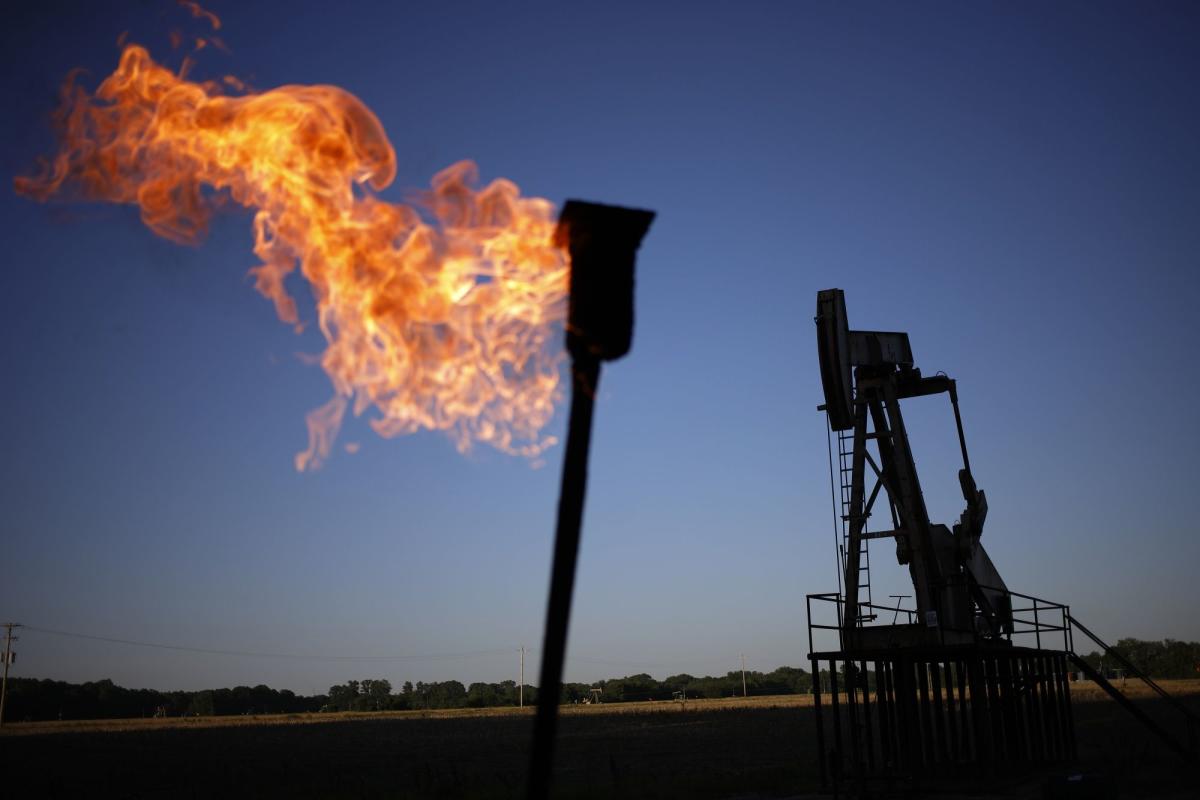
(Bloomberg) — Oil edged lower as the prospect of additional barrels from strategic reserves assuaged market concerns of a tight market heading into the winter season.
West Texas Intermediate dropped as much as 2.4% to trade below $84 a barrel in another volatile session. The US is moving toward releasing further barrels from its strategic oil reserve in order to bolster supply. Crude remains within the wide range it has seen for the last month, frequently fluctuating with risk sentiment in wider markets.
Crude’s choppy trading in October has seen the market caught between two divergent factors. Key gauges of market strength, known as time spreads, are signaling tightness before OPEC+ output cuts from November, but bearish drivers such as weak Chinese demand and aggressive monetary policy from central banks continue to drag on the market. European Union sanctions on Russia are also looming, and some Indian refiners are halting spot purchases of the country’s crude ahead of that deadline.
Prices have fallen by about a third since early June, erasing all the gains made after Russia’s invasion of Ukraine. EU sanctions on Moscow’s oil trading are set to take effect from December, prompting traders and refiners to book storage tanks in anticipation of a supply crunch.
“Crude prices declined as energy traders expect the Biden administration to remain aggressive with further releases from its strategic oil reserves,” said Ed Moya, senior market analyst at Oanda. “With midterm elections less than a month away, President Biden wants energy prices trending in the right direction.”
Despite the range-bound trading, open interest in global benchmark Brent is steadily picking up. Holdings climbed to the highest level since March in the most recent data, though still remain far below where they were before Russia’s invasion of Ukraine sparked huge price volatility and crushed trading volumes. WTI holdings have continued to slump.
The US is moving toward a release of another 10 million to 15 million barrels of oil from the nation’s emergency stockpile in a bid to balance markets and keep gasoline prices from climbing further, according to people familiar with the matter. Separately, the Biden administration is still weighing limits on exports of fuel, two of the people said.
©2022 Bloomberg L.P.